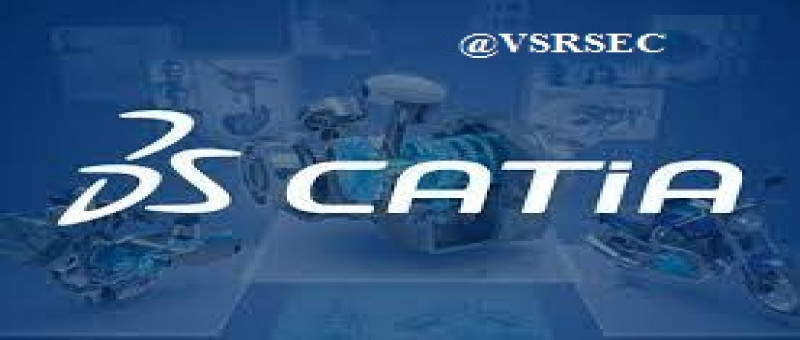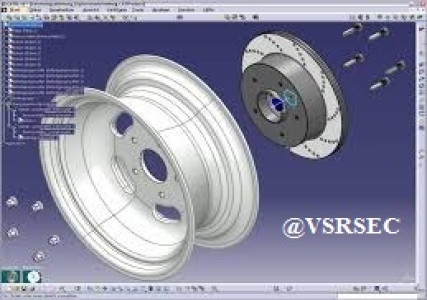Learning ANSYS in Mechanical Engineering
Branch : ME






This comprehensive online course is designed to equip students and professionals with in-demand skills in CATIA (Computer Aided Three-dimensional Interactive Application)—a leading CAD/CAM/CAE software suite widely used in aerospace, automotive, and industrial design sectors.
Through interactive lessons, real-world projects, and hands-on practice, participants will learn the full spectrum of CATIA tools—from 2D sketching and 3D modeling to assembly design, surface modeling, and simulation.
Whether you're an engineering student, a product designer, or a professional aiming to enhance your technical design capabilities, this course provides a solid foundation and practical knowledge to apply CATIA confidently in real-world engineering environments.


By the end of the course, participants will be able to:
0 Reviews
Review Course
For Review on Course. You need to Login first. Login Here